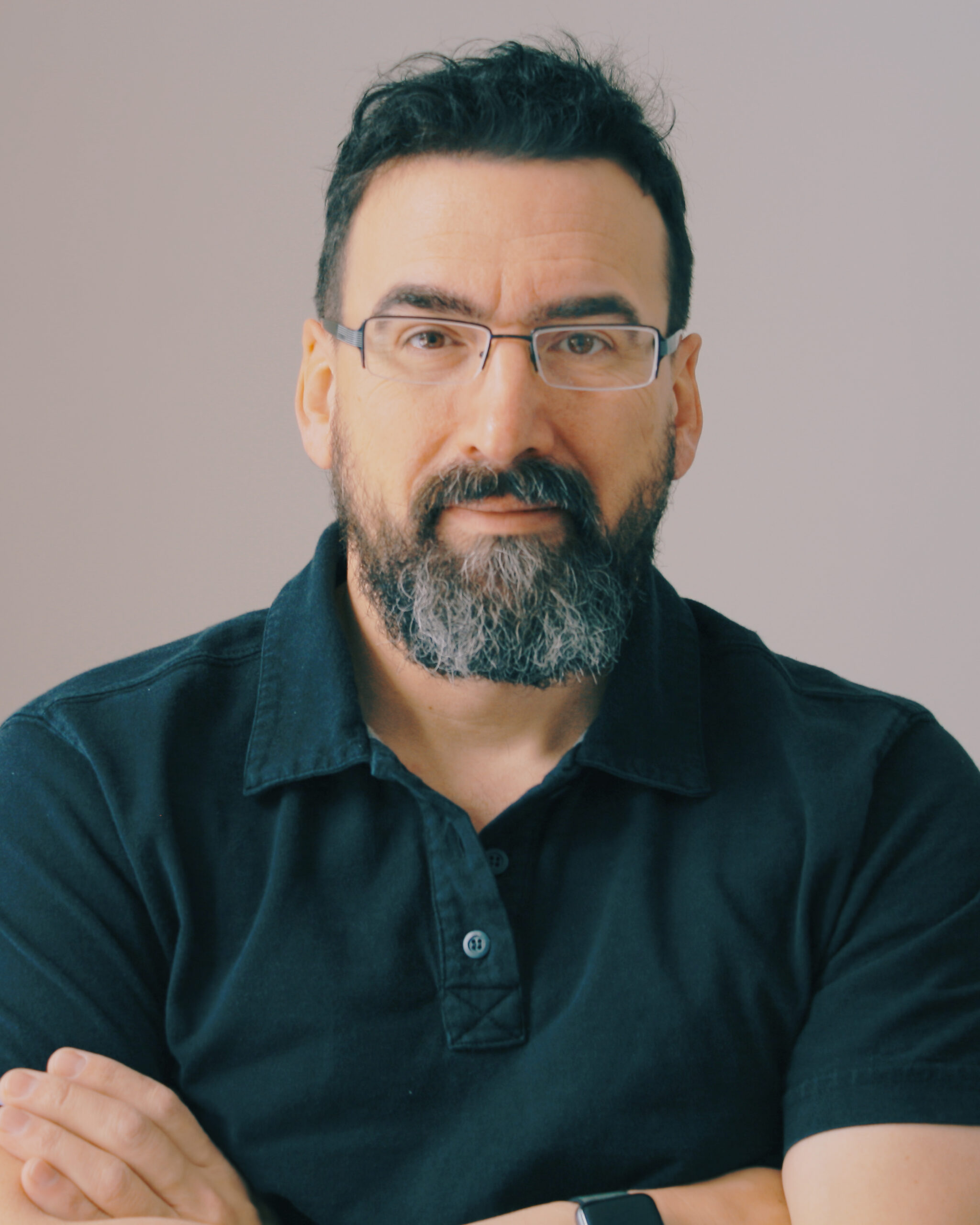Brian Lennon
Mailroom: 430 Burrowes Building
Mailroom: 430 Burrowes Building

Spring 2024 Office Hours
Not teaching in Spring 2024Education
Websites
Professional Bio
I am the author of three monographs: Programming Language Cultures: Automating Automation, a study of programming languages and cultures of software development (Stanford University Press, 2024), Passwords: Philology, Security, Authentication (Harvard University Press, 2018), a critical history of literary data processing, and In Babel's Shadow: Multilingual Literatures, Monolingual States (University of Minnesota Press, 2010), a study of literary multilingualism in print culture.
At Penn State, I was the first faculty director (2014–2021) of the Digital Culture and Media Initiative, a project of the Department of English in the College of the Liberal Arts. My teaching includes undergraduate and graduate courses in new media and digital studies. Recent graduate seminars include "Media Theory and Modernity," "Historicizing 'Digital Humanities'," and "Platform, Software and Code Studies." Other undergraduate and graduate teaching has included courses in the theory of the essay, the literary fragment, U.S. nonfiction prose, and literatures of migration and displacement.
Doctoral dissertations directed in the Department of English:
- Rebecca Cheong, “Software Ocean: New Media Aesthetics and Water in Nineteenth-Century American Literature” (2023, co-directed with Hester Blum).
- Robert Nguyen, “Silicon Valley Stories: Reckonings, Recursions, and Infinite Loops” (2023). Publications include “Middle-out from Bottom-up: Engineering and Close Reading Code in HBO's Silicon Valley,” Configurations 30.4 (Fall 2022): 435-464.
- Max Larson, “Computation and Critique: Two Cultures of Literary Method, 1945-1990” (2019). Publications include “Computer Center Sabotage: Luddism, Black Studies, and the Diversion of Technological Progress,” boundary 2, forthcoming 2024; “At the Border of the Digital Divide: San Jose Unified School District and Evangelina Vigil-Piñon's The Computer is Down,” American Quarterly 74.2 (2022): 345–368; “Optimizing Chess: Philology and Algorithmic Culture.” diacritics 46.1 (2018): 30–53.
- John Schneider, “Crisis Methods: Writer-Critics, Professionalism, and the Post-World War II American University” (2018). Publications include “Remaking the Renaissance Man: General Education and the Golden Age of the American University,” American Quarterly 73.1 (March 2021): 53–74; “The Romance of Expertise: The Research University and the Methodological Turn,” Cultural Critique 113 (Fall 2021): 72–102.
Areas of Specialization
Contemporary Literature
Silicon Valley fiction and memoir
Media and Digital Studies
Cultural history and political economy of computing; platform, software, and code studies; programming languages and cultures of software development
Theory and Cultural Studies
Media theory